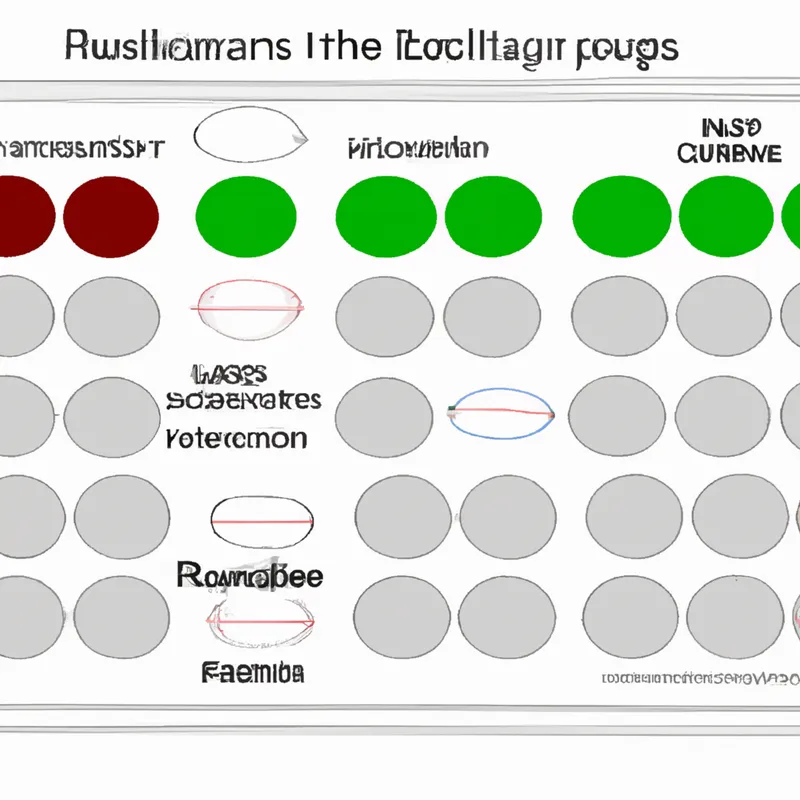Navigate the Unique Roles on the Rugby Field
Analyzing Rugby Team Positions: Responsibilities and Skills
Rugby is a dynamic sport that emphasizes teamwork and strategy. Each player has a unique role that impacts the team’s performance. Understanding these roles enhances gameplay and improves individual skills. This post analyzes various rugby positions, detailing responsibilities and essential skills.
The Forward Pack
The forward pack includes eight players. These players win possession and provide a solid foundation for the team.
Responsibilities of Forwards
Forwards engage in scrums, lineouts, and rucks. They aim to gain and maintain possession of the ball. Supporting the backs during attacks is also essential. Forwards handle the game’s physical aspects, requiring strength and resilience.
Skills Required for Forwards
Forwards must possess excellent physical fitness and ball-handling skills. Effective communication with teammates is vital. Understanding game strategy plays a crucial role. Strong tackling skills and the ability to read the game are also essential.
The Backline
The backline consists of seven players. They execute plays and score points, often creating the game’s excitement.
Responsibilities of Backs
The backs receive the ball from forwards and create scoring opportunities. Their roles include passing, kicking, and running. Backs must also defend against opponents. Speed and agility help backs evade tackles and break through defenses.
Skills Required for Backs
Backs need exceptional speed and agility. They must have sharp passing skills to execute plays. Tactical awareness is crucial for deciding when to kick or pass. Backs also require stamina to cover more ground during matches.
The Halfbacks
Halfbacks link the forwards and backs. They are typically agile and quick thinkers.
Responsibilities of Halfbacks
Halfbacks direct the game and initiate plays. They make critical decisions, pass the ball, and execute tactical kicks. Awareness of teammates’ positions on the field is essential. Halfbacks often act as on-field leaders.
Skills Required for Halfbacks
Halfbacks need excellent decision-making skills and quick thinking under pressure. Strong passing accuracy is vital for effective gameplay. Good kicking skills and the ability to anticipate opponents’ moves are also important.
The Leadership Roles
Certain players assume leadership roles that enhance team cohesion and strategy.
Responsibilities of Team Leaders
Team leaders, including the captain and vice-captain, motivate teammates and make strategic decisions. They communicate effectively on and off the field. Leaders set the tone for team culture and discipline.
Skills Required for Team Leaders
Strong communication skills define effective leadership. Leaders inspire confidence and possess emotional intelligence. Strategic thinking skills help leaders make informed decisions during matches.
Tips for Success in Rugby Positions
1. **Understand Your Role**: Familiarize yourself with your position’s responsibilities to enhance your performance.
2. **Develop Key Skills**: Focus on improving skills specific to your position. Regular practice builds competence and confidence.
3. **Communicate**: Effective communication with teammates ensures everyone stays aligned and responsive to changes.
4. **Stay Fit**: Rugby demands high fitness levels. Regular training and conditioning maintain peak performance.
Benefits of Understanding Positions
Grasping different roles enhances teamwork and fosters collaboration among players. Individual players can focus on skill development tailored to their positions. Understanding the game from various perspectives deepens appreciation for the sport.
This knowledge can improve performance. Players become more effective in their roles, contributing to overall team success. Whether a forward or a back, knowing responsibilities leads to smarter play.
Conclusion
Understanding rugby positions is essential for success. Each position has unique responsibilities and skills that contribute to the team’s performance. Analyzing these roles helps players enhance their skills and teamwork. This knowledge improves individual performance and fosters team cohesion. Embrace your role, develop your skills, and enjoy rugby to the fullest.
Below are related products based on this post:
FAQ
What are the main responsibilities of forwards in rugby?
Forwards engage in scrums, lineouts, and rucks, aiming to gain and maintain possession of the ball. They also support the backs during attacks and handle the game’s physical aspects, requiring strength and resilience.
What skills are essential for backs in rugby?
Backs need exceptional speed and agility, sharp passing skills for executing plays, and tactical awareness for deciding when to kick or pass. Stamina is also crucial as backs cover significant ground during matches.
How do team leaders contribute to a rugby team’s success?
Team leaders, such as the captain and vice-captain, motivate teammates, communicate effectively, and make strategic decisions. Their strong communication skills, emotional intelligence, and strategic thinking help set the tone for team culture and discipline, enhancing overall team performance.















Post Comment